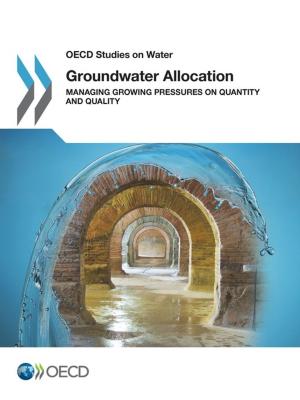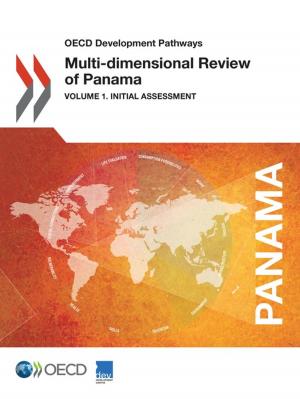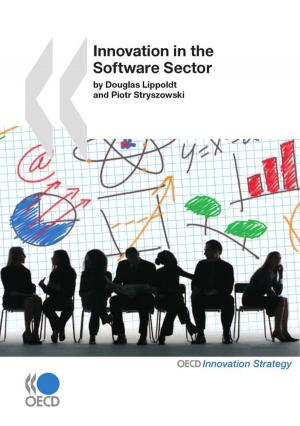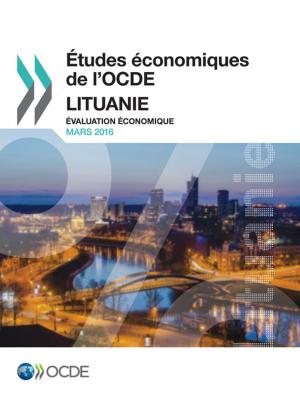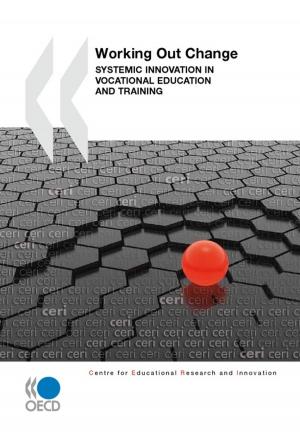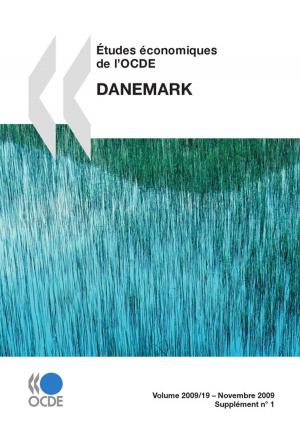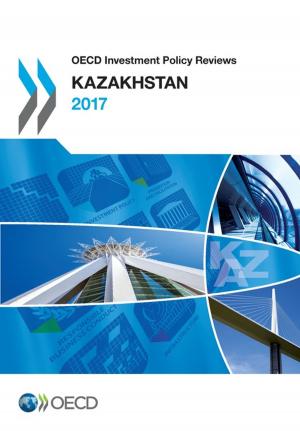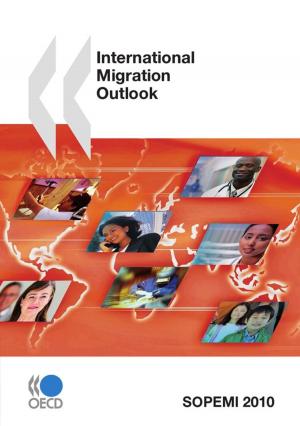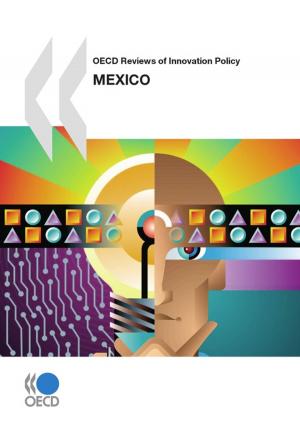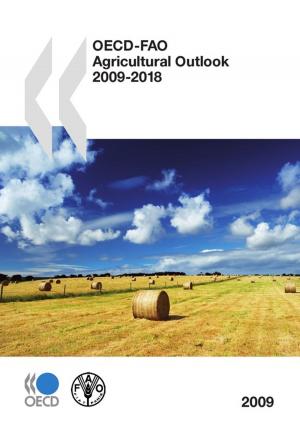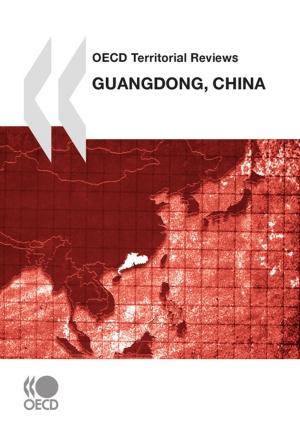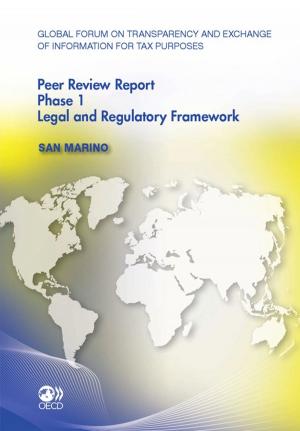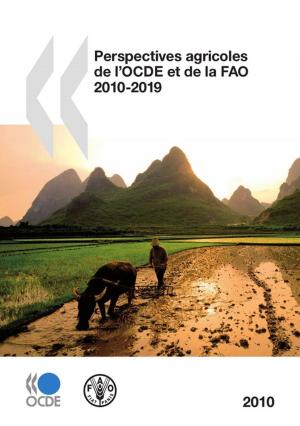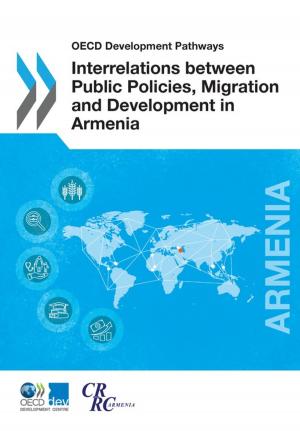Recognising Non-Formal and Informal Learning
Outcomes, Policies and Practices
Business & Finance, Business Reference, Education| Author: | Collective | ISBN: | 9789264063853 |
| Publisher: | OECD | Publication: | April 15, 2010 |
| Imprint: | OECD | Language: | English |
| Author: | Collective |
| ISBN: | 9789264063853 |
| Publisher: | OECD |
| Publication: | April 15, 2010 |
| Imprint: | OECD |
| Language: | English |
Although learning often takes place within formal settings and designated environments, a great deal of valuable learning also occurs either deliberately or informally in everyday life. Policy makers in OECD countries have become increasingly aware that non-formal and informal learning represents a rich source of human capital.
Policies which recognise this can play a significant role in a coherent lifelong learning framework, and present practices can be improved to make the knowledge and competencies people acquire outside of formal schooling more visible. The challenge for policy makers is to develop processes for recognising such learning, processes that will generate net benefits both to individuals and to society at large.
This report, based on an OECD review in 22 countries, explores the advantages of recognising non-formal and informal learning outcomes, takes stock of existing policies and practices, and recommends how to organise recognition of these learning systems.
Although learning often takes place within formal settings and designated environments, a great deal of valuable learning also occurs either deliberately or informally in everyday life. Policy makers in OECD countries have become increasingly aware that non-formal and informal learning represents a rich source of human capital.
Policies which recognise this can play a significant role in a coherent lifelong learning framework, and present practices can be improved to make the knowledge and competencies people acquire outside of formal schooling more visible. The challenge for policy makers is to develop processes for recognising such learning, processes that will generate net benefits both to individuals and to society at large.
This report, based on an OECD review in 22 countries, explores the advantages of recognising non-formal and informal learning outcomes, takes stock of existing policies and practices, and recommends how to organise recognition of these learning systems.

